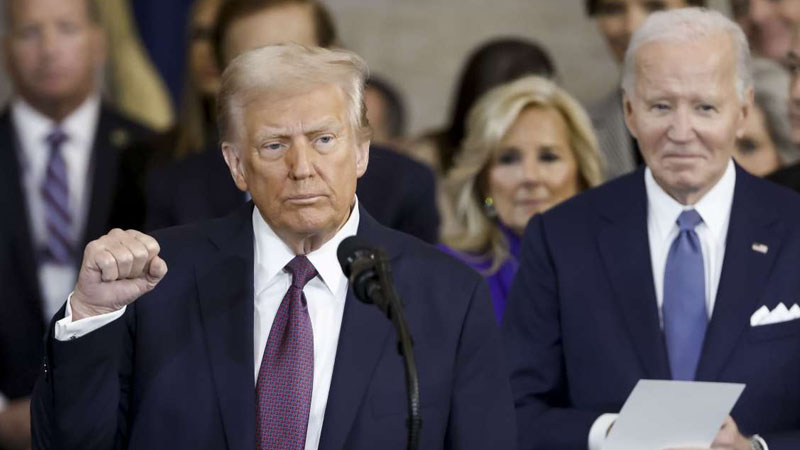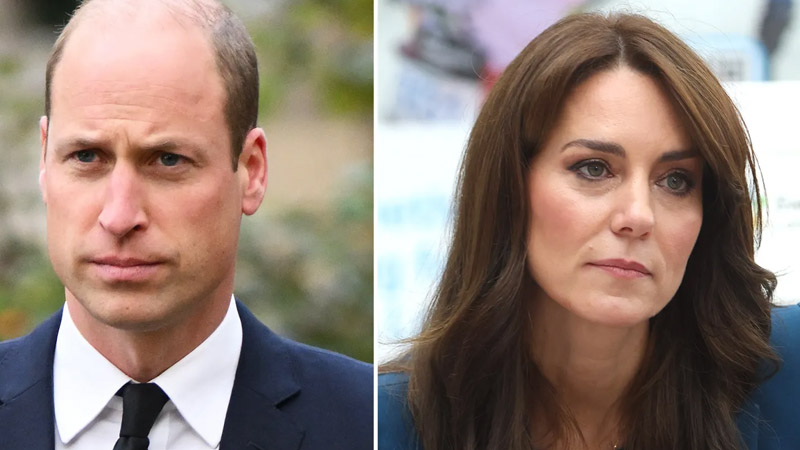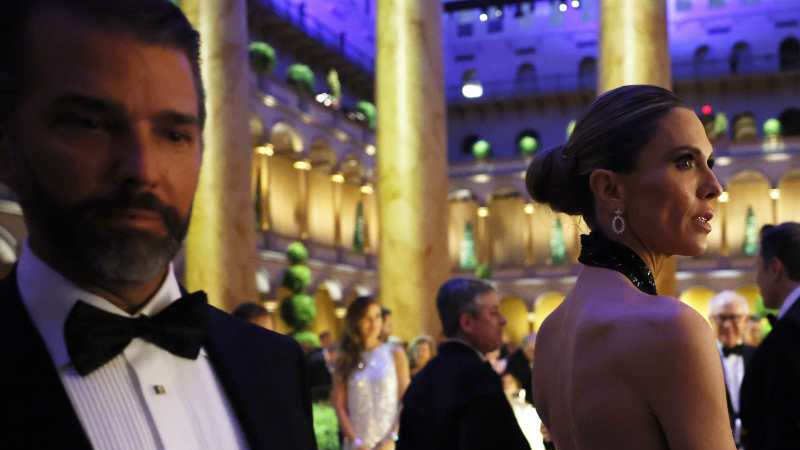GOP Strategist Criticizes Trump Campaign’s “Trash Truck” Photo-Op as “Vanity Act” in Lead-Up to Election

(AP Photo/Rick Scuteri)
Appearing on MSNBC, longtime Republican strategist Stuart Stevens expressed bafflement over former President Donald Trump’s recent photo-op in a trash truck, questioning the strategic sense behind the image with the election only days away. Speaking with host José Díaz-Balart, Stevens argued that such moves detract from Trump’s campaign and serve as an unnecessary reminder of a recent controversy involving a MAGA comedian’s inflammatory comments about Puerto Rico.
The trash truck appearance followed an incident at a New York City rally where a MAGA-aligned comedian labeled Puerto Rico an “island of garbage,” sparking backlash. Stevens argued that associating Trump with a garbage truck so soon after the controversy risked highlighting the inflammatory remarks rather than advancing a positive message for undecided voters.
“It seemed like an unforced error,” Stevens said, questioning why Trump’s team would bring additional attention to an issue that had already generated criticism. When Díaz-Balart asked about Trump’s focus on states with limited chance of electoral success, Stevens responded candidly. “I think the technical political term for Donald Trump campaigning in New Mexico is that it is insane,” he remarked dryly.
Stevens described Trump’s campaign strategy as a “vanity act” and argued that his focus should be on swing states rather than unlikely territories. “Whoever told him that getting out there in a vest in a garbage truck is a good look? They forgot about Michael Dukakis in the tank?” he quipped, alluding to the infamous 1988 campaign image that many believe hurt Dukakis’s chances.

Stevens questioned the motives and direction of Trump’s campaign staff, suggesting they might be doing the former president a disservice by orchestrating questionable photo-ops. “You know sometimes you look at the Trump campaign and you think his staff must hate him,” he remarked. “Why are they doing these things to him?” He contrasted Trump’s approach with what he perceives as a more composed and focused campaign from Kamala Harris, who, in his view, is steering the dialogue in the final days leading up to the election.
According to Stevens, the difference between the two campaigns is striking. “One campaign looks like it has composure, knows what it is doing, it is about executing a plan. The other seems to be very erratic and responsive,” he explained. Stevens argued that Harris’s campaign appears to be setting the agenda, with Trump frequently reacting to her statements rather than advancing his own.
For Stevens, Trump’s erratic final-week strategy risks painting his campaign as chaotic and unprepared. As Election Day draws near, he believes voters are likely to gravitate toward a campaign that exudes control and stability—qualities he sees as lacking in Trump’s current approach. With each photo-op and last-minute rally, Stevens suggests, Trump’s campaign may be losing its focus on critical swing-state voters and ultimately missing the opportunity to present a clear, disciplined message that could resonate with those still undecided.


